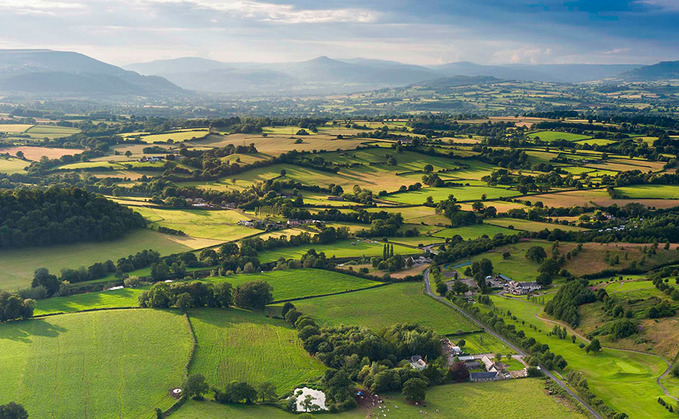
Countryside campaign group Right to Roam is encouraging members to embark on a ‘summer of trespass’ to unlock blocked or privately owned areas of the countryside. The call to action urges members to...

Countryside campaign group Right to Roam is encouraging members to embark on a ‘summer of trespass’ to unlock blocked or privately owned areas of the countryside. The call to action urges members to...
PEDIGREE HEREFORD AND ANGUS BULLS FOR SALE